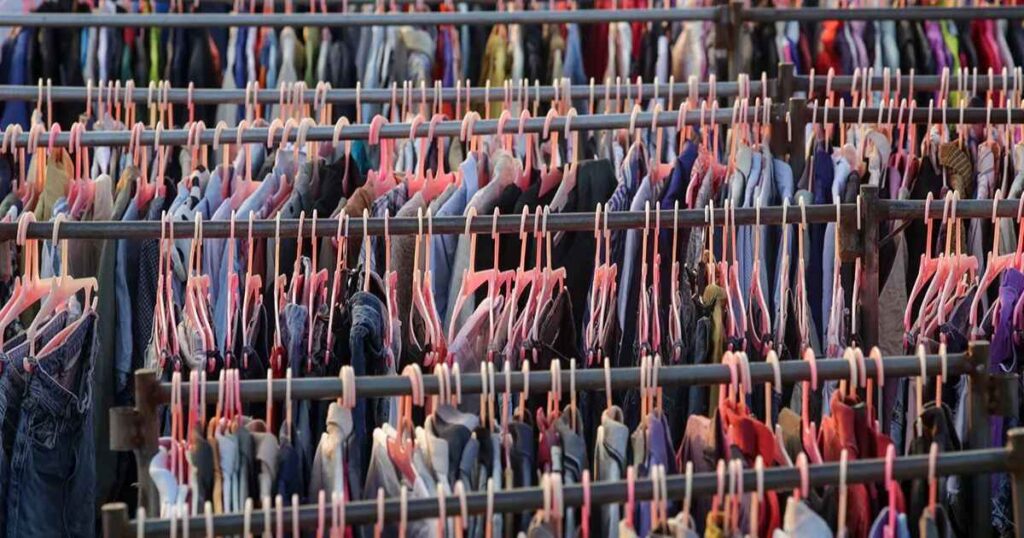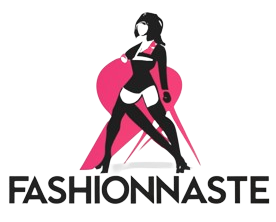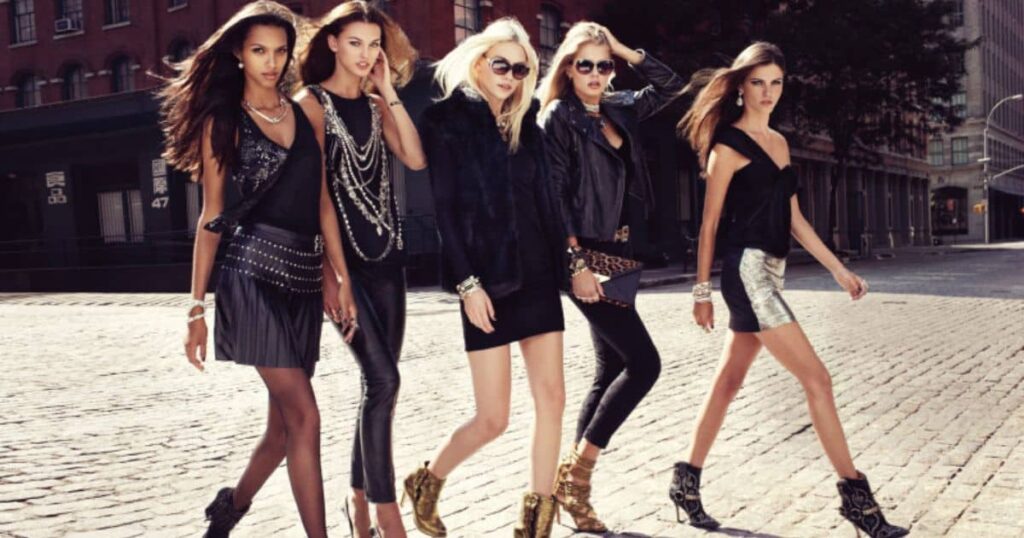Cider, also known as Shop Cider, is a Hong Kong-based fast fashion brand that has gained prominence in the online fashion industry. Often compared to fast fashion giant Shein, Cider has garnered a significant following on platforms like TikTok and Instagram since its establishment in late 2020.
The brand distinguishes itself with its trendy and accessible clothing offerings, positioning itself as a “social-first” fashion brand. Cider, despite its recent entry into the market, has swiftly gained popularity among Gen Z and millennial influencers. It has amassed millions of followers in just a few years.
Ethos of Fast Fashion Cider
Cider prides itself on its “social-first” approach to fashion, aiming to create everyday statement pieces for a global audience. The brand operates on a fast fashion business model, releasing small batches of items based on user data and social media algorithms.
It emphasizes accessibility and affordability, positioning itself as a brand for everyone, everywhere. However, critics argue that Cider’s affordability comes at the expense of ethical and sustainable practices, raising questions about the brand’s true commitment to environmental and social responsibility.
Sustainability Claims in Fast Fashion

On its website, Cider prominently features sustainability initiatives, including the use of recycled fabrics, biodegradable packaging, and a responsible supply chain. However, these claims have been met with skepticism, with accusations of greenwashing and insufficient transparency.
Critics argue that Cider’s sustainability efforts may be more about marketing than genuine environmental stewardship. Concerns have been raised about the brand’s reliance on cheap labor and synthetic materials, undermining its claims of sustainability.
Labor Practices in Fast Fashion
Cider’s labor practices have come under scrutiny, particularly regarding transparency in its supply chain and treatment of garment workers. Despite claims of a responsible supply chain, there is limited information available about the working conditions in Cider’s factories.
Critics question whether the brand’s production model, which relies on frequently rolling out new items at low prices, can truly prioritize fair labor practices. Without greater transparency and accountability, concerns persist about exploitation and worker rights in Cider’s fast fashion operations.
Controversies Surrounding Fast Fashion Cider

Cider has faced various controversies, including allegations of design theft, cultural appropriation, and unethical business practices. Instances of allegedly stolen designs and insensitive cultural references have sparked criticism from consumers and industry observers.
Critics perceive the brand’s response to these controversies as inadequate, questioning its commitment to ethical standards. Additionally, concerns have arisen regarding Cider’s packaging and shipping practices, which further tarnish its reputation in the fast fashion market.
Design Theft and Cultural Appropriation in Fast Fashion
Cider has been accused of design theft and cultural appropriation. Particularly regarding the replication of designs from independent designers and traditional cultural garments. These controversies have fueled debates about intellectual property rights and respect for cultural heritage.
Cider has faced criticism from consumers and the fashion community. The brand has continued to sell products perceived as problematic. This raises questions about its accountability and integrity in the fast fashion industry.
Packaging and Greenwashing in Fast Fashion
The use of biodegradable packaging and claims of sustainability have been central to Cider’s branding strategy. Critics have criticized these efforts as greenwashing. Questioning the effectiveness and environmental impact of the brand’s packaging solutions.
Critics argue that Cider’s focus on biodegradable packaging may serve as a distraction from more significant environmental issues, such as its reliance on synthetic materials and cheap labor. Without transparent and verifiable sustainability practices, concerns persist about the sincerity of Cider’s environmental commitments.
Dropshipping Accusations in Fast Fashion

Allegations of dropshipping have cast doubt on the authenticity of Cider’s fast fashion business model. Other platforms selling Cider products at lower prices have raised suspicions about the brand’s pricing practices.
The lack of clarity regarding inventory management and shipping methods has further fueled skepticism about Cider’s operations. Critics argue that dropshipping undermines the brand’s claims of sustainability and ethical manufacturing, highlighting the need for greater transparency and accountability in the fast fashion industry.
Assessment of Ethical Issues in Fast Fashion
Cider’s ethical values and practices have faced scrutiny, with concerns raised about labor conditions, supply chain transparency, and adherence to industry standards. Despite claims of a responsible supply chain, the brand’s limited transparency regarding manufacturing processes.
The worker rights has raised questions about its commitment to ethical principles. Critics argue that Cider’s fast fashion model prioritizes profit over people and the planet, undermining its claims of sustainability and social responsibility.
Sustainability Efforts and Criticisms in Fast Fashion
While Cider has promoted sustainability initiatives such as the use of recycled materials, critics argue. That these efforts are insufficient and overshadowed by greenwashing. The brand’s reliance on synthetic fabrics and lack of transparency in its manufacturing processes undermine its claims of sustainability.
Cider’s packaging and shipping practices have raised concerns about their environmental impact. Without meaningful changes to its business practices. Cider’s sustainability claims remain open to criticism and skepticism in the fast fashion market.
Evaluation of Fabric Choices in Fast Fashion
Cider’s fabric choices have been a point of contention. With critics highlighting the brand’s reliance on harmful materials such as virgin polyester, nylon, and rayon. These synthetic fabrics contribute to environmental pollution and do not biodegrade easily, posing long-term risks to ecosystems.
While Cider has introduced a Recycled Collection featuring materials certified by the Global Recycled Standard (GRS). The proportion of recycled materials remains minimal compared to the brand’s overall product range. Critics argue that Cider’s use of sustainable materials overshadows its practices.
Impact of Manufacturing Processes in Fast Fashion

The environmental impact of Cider’s manufacturing processes has raised concerns about its sustainability practices. While the brand claims to prioritize waste reduction and efficiency through its “smart fashion” model, critics question. The effectiveness of these measures in mitigating environmental harm.
Limited transparency regarding water usage, carbon emissions, and chemical management further complicates assessments of Cider’s manufacturing impact. Without comprehensive data and independent verification. The true extent of Cider’s environmental footprint remains unclear, casting doubt on its sustainability claims.
Conclusion
While Cider presents itself as a trendy and accessible fast fashion brand. Its sustainability practices and ethical commitments have come under scrutiny. Despite its efforts to promote sustainability through initiatives such as recycled materials and biodegradable packaging. Critics argue that these measures are insufficient and overshadowed by greenwashing.
Concerns about labor practices, design theft, and cultural appropriation further undermine Cider’s credibility as an ethical and responsible fashion brand. Without meaningful changes to its business practices and greater transparency. Cider’s claims of sustainability and social responsibility remain questionable in the fast fashion industry.

Meet Stephen, your seasoned fashion content maestro with over 7 years of expertise. As an adept content writer, I craft compelling articles, engaging blog posts, and captivating biographies.
My passion for fashion translates into words that resonate, bringing your brand to life. Let my experience weave the narrative that elevates your fashion journey.
Explore the art of storytelling with me.







